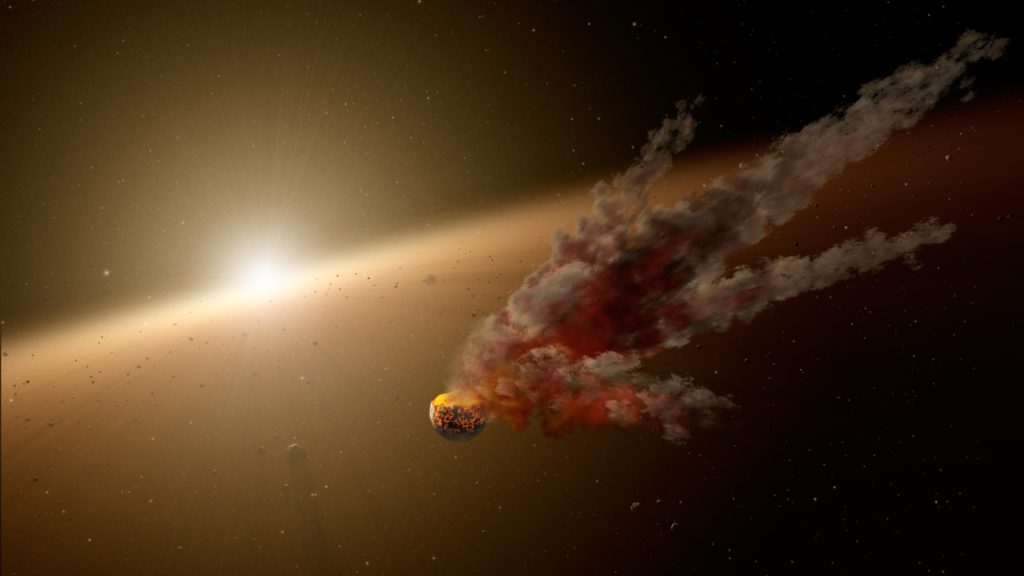I don't have much to add to this Wikipedia excerpt, but I saw a reference to Benjamin Libet's experiments in an article by John Horgan. To oversimplify only a bit, Horgan argues that "free will" somehow "emerges" at a level higher than "the level of body and brain understood solely as a physical system." This sounds like hocus pocus to me. Here's the Wikipedia excerpt on Libet's experiments:
Implications of Libet's experiments
Libet's experiments suggest to some[8] that unconscious processes in the brain are the true initiator of volitional acts, and free will therefore plays no part in their initiation. If unconscious brain processes have already taken steps to initiate an action before consciousness is aware of any desire to perform it, the causal role of consciousness in volition is all but eliminated, according to this interpretation. For instance, Susan Blackmore's interpretation is "that conscious experience takes some time to build up and is much too slow to be responsible for making things happen."[9]
Libet finds that conscious volition is exercised in the form of 'the power of veto' (sometimes called "free won't"[10][11]); the idea that conscious acquiescence is required to allow the unconscious buildup of the readiness potential to be actualized as a movement. While consciousness plays no part in the instigation of volitional acts, Libet suggested that it may still have a part to play in suppressing or withholding certain acts instigated by the unconscious. Libet noted that everyone has experienced the withholding from performing an unconscious urge. Since the subjective experience of the conscious will to act preceded the action by only 200 milliseconds, this leaves consciousness only 100-150 milliseconds to veto an action (this is because the final 20 milliseconds prior to an act are occupied by the activation of the spinal motor neurones by the primary motor cortex, and the margin of error indicated by tests utilizing the oscillator must also be considered).
Libet's experiments have received support from other research related to the Neuroscience of free will.
I question whether even Libet's "power of veto" is "volitional" or "free." I suspect (though I cannot prove) that it's physics all the way down and that everything felt to be "volitional" or "free," even the "power of veto" (I admit that I too experience this apparent power) is physics, not some spooky
homunculus bearing our name and facial features, who is pulling our levers.

